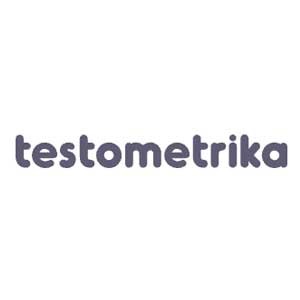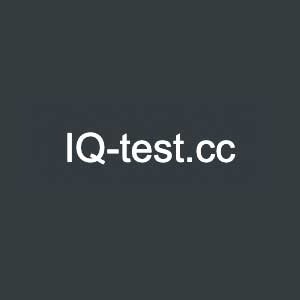Best International IQ Tests
List of tests for the Culturally Neutral, Multilingual IQ Assessment
123test.com offers a variety of free and scientifically validated psychological assessments, including IQ tests, personality evaluations, and career aptitude tests. These tools are designed to assist users in personal development and career planning.
More about 123test

Our rating: 59%

By reviews: none
 25 minutes
25 minutes
 35 questions
35 questions
 FREE
FREE
Mensa International is the world’s largest high-IQ society for individuals scoring in the top 2% on approved tests. It offers information on membership, events, and resources for intellectual engagement.
More about Mensa.OrgWorldIQTest.com offers a free IQ assessment featuring 30 questions designed to evaluate various cognitive abilities.
CogniFit offers scientifically validated cognitive assessments and personalized brain training programs designed to evaluate and enhance various cognitive skills, including memory, attention, and reasoning.
Testometrika is an online platform offering a wide array of psychological, educational, and IQ assessments.
IQ-test.cc offers a free online IQ test designed to assess your intelligence level.

IQ Global Test
Undefined Company

Our rating: 44%

By reviews: 3.8
 20 minutes
20 minutes
 40 questions
40 questions
 10.00 USD
10.00 USD
IQ Global Test is an online platform offering a 40-question assessment designed to evaluate logical thinking, pattern recognition, and problem-solving skills.
List of the Best International IQ Tests
This list features IQ tests designed to be culturally neutral and exclude verbal or language-dependent questions, as well as questions tied to specific cultural norms or customs of a particular country. Such tests are popular because they offer a fair assessment for users from diverse cultural and linguistic backgrounds. While these tests may not capture every aspect of verbal assessment, they remain valuable tools for evaluating cognitive abilities without cultural bias.
In some cases, the list also includes tests with verbal or language-based questions, provided they offer comprehensive translations into multiple languages. This ensures that users can fully understand and engage with the test content, regardless of their native language. However, these questions must still avoid cultural biases that could give users from one country or background an unfair advantage over others.
Why Do People Prefer International IQ Tests or Culturally Neutral Tests?
People often favor international or culturally neutral IQ tests because these tests primarily use visual questions, such as images and diagrams, to evaluate cognitive abilities. These tests typically focus on assessing areas like mathematical reasoning, spatial thinking, diagrammatic reasoning, and sometimes inductive reasoning. By avoiding language-based questions, they offer a more universally accessible way to gauge intelligence without the need for extensive reading or interpretation of complex text.
Many individuals find these tests appealing because they eliminate the need to understand specific language nuances, definitions, or culturally embedded references. Verbal questions that require critical thinking or deep knowledge of word meanings can be challenging and less engaging for some users. International tests, on the other hand, focus on logical and numerical problem-solving, making them more approachable and often perceived as more objective and inclusive for diverse users across different cultures and language backgrounds.







